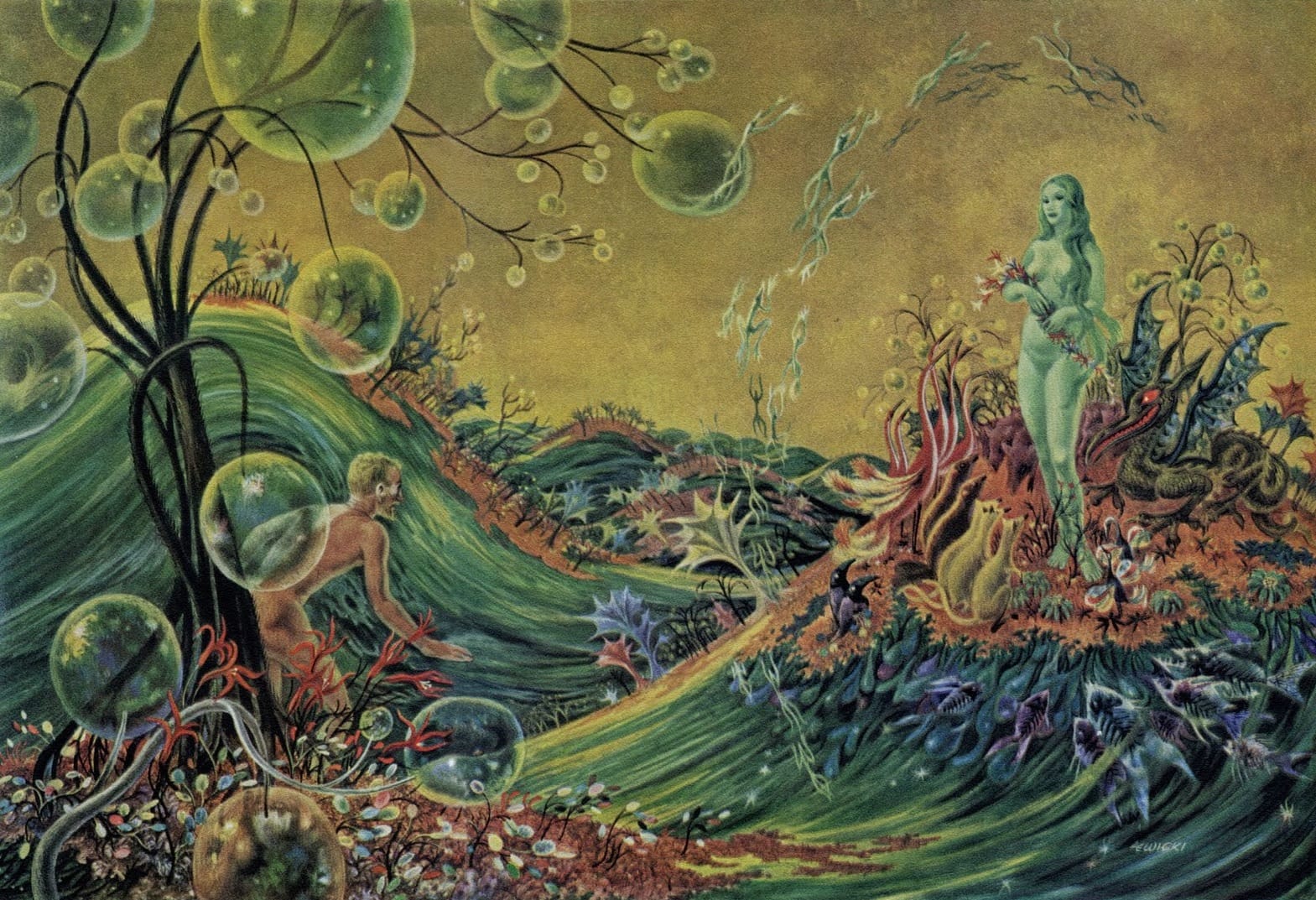Sunless Skies promises a gloriously Victorian sci-fi tale

Rejoice! The stars are right! The stars are right because they are being murdered.
Sunless Sea (2015) introduced players to the lonely madness and terror of an underground sea. Its expansion pack, Zubmariner, is set to take players to the claustrophobic depths of that ocean on October 11. Now, the sequel to Sunless Sea has been announced—named Sunless Skies—and promises to take its blend of well-written prose and pensive cosmic horror out into the actual cosmos. Fallen London is going to space.
Sunless Sea begins with an epigraph from Joseph Conrad, expressing the central theme of the game: “The Sea has never been friendly to man. At most it has been the accomplice of human restlessness.” The player is an adventurer, setting out on a darkling sea for excitement and to discover the stories it holds. But Sunless Skies will exchange one kind of darkness for another, as the Traitor Empress has left Fallen London and the Neath behind for the “blistering, wonderful night” of the High Wilderness.
the science fiction of glass spheres for space helmets
In place of an underground empire is a stellar one (space, that is), as orderly and controlled in a way that only autocratic Newtonian mathematics and the predictable, elliptical orbits of Kepler can be. And, rather than a captain venturing out from safety, the player will control someone shunted out to the periphery of this perfect, ordered empire: bohemians, revolutionaries, and outcasts.
The Victorian element of the original game will be present, but the strain of sci-fi in Sunless Skies relies upon the pulpy, imaginative planetary romanticism of the early 20th century. We won’t see the high-tech, detail-oriented, ultimately scientific world created by Arthur C. Clarke or Isaac Asimov. Rather, Sunless Skies promises to be more of a space opera in the vein of H. G. Wells’s work. Think pulp inspired by Leigh Brackett, who wrote early science-fiction novellas with titles like “The Enchantress of Venus” and “Last Call from Sector 9G.” One can only hope to see the science fiction of glass spheres for space helmets and magnificently silly-looking ray guns.

Eve of Perelandra by James Lewicki
One particular influence may be more instructive: C. S. Lewis’s space trilogy. Out of the Silent Planet (1938), Perelandra (1943), and That Hideous Strength (1945) are emblematic of an earlier kind of view of space. When the protagonist Elwin Ransom visits Malacandra (Mars), he encounters three distinct alien species: hrossa, séroni, and pfifltriggi. What makes these species truly alien is not their evolutionary distinctiveness, but the fact that they were not subject to original sin—that they were not fallen, unlike mankind. So, think of alienness and horror where the difference is ultimately spiritual and aesthetic, and not merely biological.
But, because this is a Failbetter production, think of the outlaw crew of Firefly piloting the titular ship of Event Horizon (1997). Because there is a revolution afoot and someone is murdering the stars.
Failbetter will be launching a Kickstarter campaign to fund Sunless Skies in February 2017.



